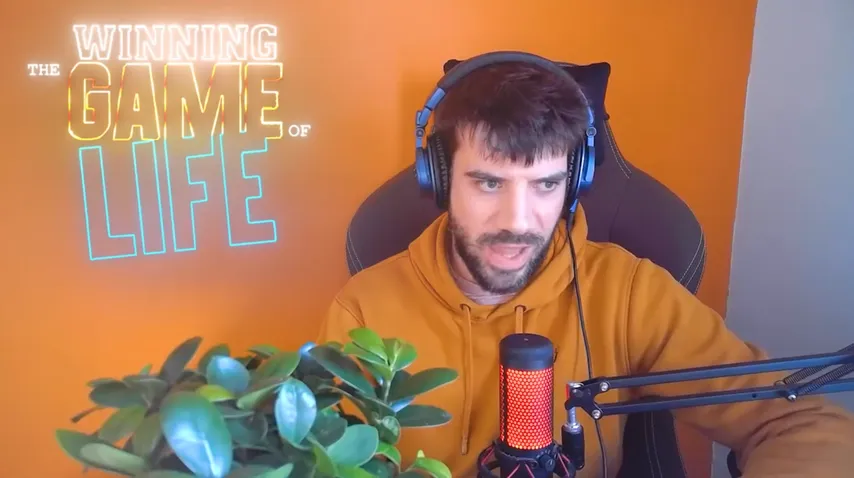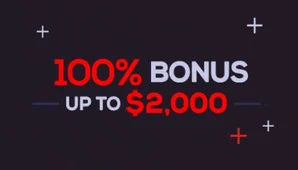Daniel Cates – I'm curious how you managed to inspire yourself and what this looks like for the poker players. Tell me what that looks like for you and your students.
Peter Clarke – This is a really awesome topic. Again, I think that people become uninspired when they become too internally focused. I first heard this from Jordan Peterson, but it was something like the more time you spend thinking about yourself and your own mental state, the more depressed you become (Here's the video of Jordan saying this quote--almost as Pete described).
I think when a poker player is jaded and fed up, and they're not wanting to study while playing the same autopilot game all the time without doing well, they often think about their own bankroll—where they would like to be versus where they are—and how poker makes them feel. My solution to that is to get them inspired to geek out. I need to get them to fall in love with what poker actually is—the intricacies of some spots. For me, geeking out is the solution to that, and I love teaching because it makes my geeking out external. It gives me an outlet for that geeking out; I can share it with other people and be social about it.
That's it in a nutshell. If you've gotten into poker for the strategic love of the game, that makes you tick. I think that's rediscoverable. If you can just work with the right person or spend a lot of time on it, it's behavioral. It's just about understanding a person's mood and knowing what to say; that's definitely a part of it—having some people skills.
But if you've gotten into poker because you want freedom for extrinsic reasons—like wanting a job where you don't have a boss breathing down your neck, or wanting more money or something like that, or wanting to travel—you are using poker as a means to an end rather than as an end in itself. It’s very hard to get motivation to do something when it's just a means to an end.
So, I think you've got to really get into the strategy side of things and fall in love with that. If you can't fall in love with strategy and logic, maybe poker's not really for you, and you're just using it to suit your needs or lifestyle.
– You bring up a really good point because my selling point was that poker is a means to your freedom. It's definitely not for everyone, though we’ve established that. It is for those who are logically minded, which by the way I am going after. What inspired me was this whole idea that it is a means to freedom—that you can be your own boss and do whatever you want.
You actually brought up a good point: what are some examples of falling in love with situations that may be mundane? I can give you something mundane for me; let’s see if you can help me with it.
I want your opinion on 20 big blind poker or 10 big blind poker at a tournament with not the easiest people in the world to read. Let’s say they probably have some tells, but tournaments usually have quite dry players who are very serious.
So tell me how I'm supposed to fall in love with that, and then we'll see what you say for your students at 25NL and if there are a couple of situations for them.
– I fell in love with poker again the other day when I was making a course. The episode of the course I was creating was about different sizes of delayed c-bets and when you would want to use the block size—what textures those would be—and when you would want to use the bigger size. That gets quite intricate and really interesting; it's an exploitative angle too, which is easy to geek out on. So like that was easy; I fell in love—that's kind of like level one of falling in love with the game when you're doing something really cool like that; it's easier.

Okay, 10 big blind tournament play with very serious people at around 28 hands an hour has to be one of the ultimate challenges for falling in love with it. That's maybe akin to asking how do you fall in love with doing the dishes or laundry, and it might be that that's not possible. I don't actually know; my sense would be that you need to find something more complex and intricate in the apparently simple. That could mean that maybe these players are actually more readable than you think, but only if you pay super close attention. You need to get really into watching them between hands when you're not doing anything and observing.
I know you're quite a curious guy, so maybe that comes naturally to you. In terms of the actual strategy of the push-fold game at that point in a tournament, that's a lot harder to fall in love with than examining 100 big blind deep turn probe strategies or something.
– Well, I'll tell you my current solution, which is actually required for a lot of poker players.
Basically, one of the solutions addresses a different problem I had: how do I become good at banter and how do I get better at being social? It leads to a lot of things I'm personally doing. How do I become good at being social in a way that isn't so functional? My mind was very functional—how do you solve a problem A, B, C—very robotic in that sense. It was quite a challenge for me to switch towards banter, etc.
At one point, I realized all the elements of improv are basically in poker. You have some sort of context given to you inherently and a bunch of random things happen; now you just have to play and make some fun out of it. So what I would do is sit there bored and try to think of funny things to say. The other day, I was playing with Phil Hellmuth, and he made a terrible mistake while three-handed on the bubble with only three big blinds. He said, "This is where I play better than everybody else." I thought, "Bro, what are you going to do that's so great?"

What happens next is he limps with three big blinds against the chip leader—brilliant play already—and the other guy checks back. The flop is something like Queen-8-9; he decides to bet, and the other guy goes all-in. He folds, and the other guy shows 10-4 offsuit. I just didn't understand that one at all; of course, he busts immediately after. That's my personal favorite Phil experience.
So I decided to learn from his example: "At 10 big blinds, this is where I play the best in the world." At about six big blinds, I 3x and then got jammed on and lost. But I learned some moves from Phil Hellmuth and at least injected a little bit of fun into the game or brought a little bit of soul to it.
There are probably more examples, but that's my personal solution: inject elements of improv into what's otherwise dry as dust because when you take away all the emotional ups and downs of something, it becomes very dry.
– Sure! This is the eternal problem of live poker. I teach online players but we also teach some live players as well. That could just be sitting with someone going over hand histories they've written down in a little book or on their phone while they're playing live. My experience with live poker is very limited; I actually personally hate it—I'm not a fan at all—and that's because I don't like doing nothing for long periods of time. I find the action going on around me at a live table incredibly tedious and boring—just awful.
















